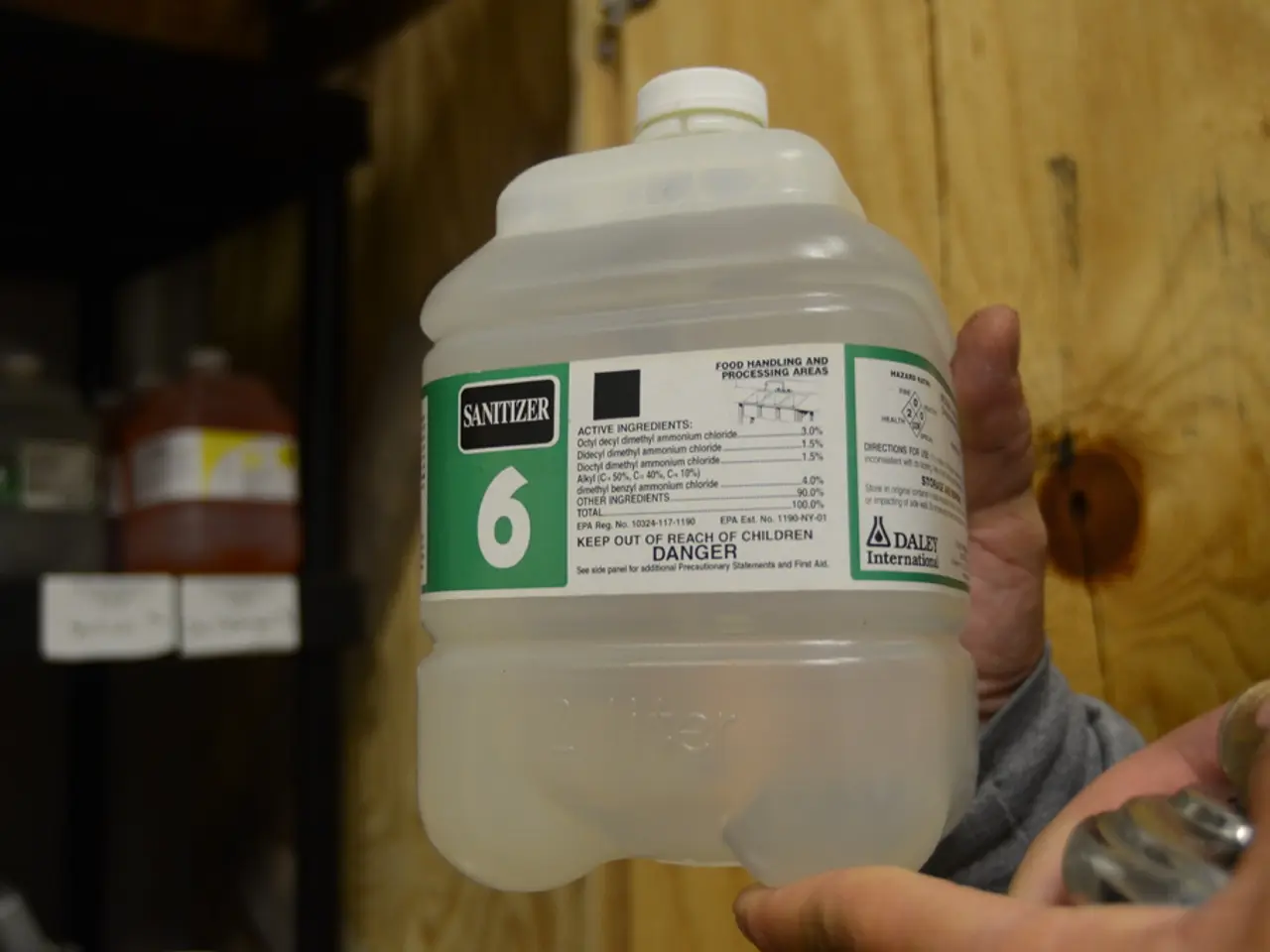Clostridium difficile: Causes, signs, and remedies for this intestinal infection
In healthcare settings across the globe, Clostridioides difficile, often referred to as C. difficile, poses a significant challenge. This bacterium, naturally occurring in the gut, can cause severe health problems, particularly in older adults and those who are hospitalized or using long-term care facilities due to antibiotic use.
C. difficile infections (CDIs) can lead to diarrhea and increase the risk of more serious illnesses. The intestines contain millions of different types of bacteria, many of which protect people from infection. However, when C. difficile reaches the stage of infection, it produces toxins that destroy cells and cause inflammation inside the colon.
C. difficile can be found in soil, water, and feces, and healthcare environments such as hospitals, nursing homes, and long-term healthcare facilities most often host this bacterium. Any antibiotic can increase the risk of C. difficile if it decreases the amount of protective bacteria in the gut. Types of antibiotics that may contribute to C. difficile infection include fluoroquinolones, cephalosporins, clindamycin, and penicillin.
Recurrent CDIs occur primarily due to incomplete restoration of the patient’s normal gut microbiota and inadequate immune response following initial infection. Antibiotic treatment of the primary infection can disrupt the protective gut flora, allowing surviving or reacquired C. difficile spores to proliferate and cause recurrent disease. Additional risk factors for recurrence include advanced age, underlying conditions such as inflammatory bowel disease, immunosuppression, and use of certain medications like proton pump inhibitors (PPIs) and other acid-suppressing drugs.
Management of recurrent C. difficile infections requires a multifaceted approach.
1. Antibiotic Therapy: Fidaxomicin, with its narrower spectrum and lower impact on gut microbiota, is recommended as first-line therapy for patients at high risk of recurrence. Vancomycin, commonly used, can be administered through standard courses, extended tapering regimens, or long-term low-dose maintenance. Metronidazole, while still an option in some scenarios, is used less frequently due to concerns about resistance and efficacy for recurrent cases.
2. Fecal Microbiota Transplantation (FMT): This procedure, which involves transferring processed stool from healthy donors to restore the patient’s gut microbiota, is highly effective for recurrent C. difficile when antibiotics have failed.
3. Supportive Measures: Minimizing antibiotic exposure is crucial for both prevention and management of recurrent C. difficile infections. Reassessment of acid suppression medication, such as PPIs, may also reduce the risk of recurrence. Adequate hydration and nutrition support can aid recovery.
4. New and Investigational Therapies: Ongoing research is exploring probiotics, live biotherapeutic products, and other microbiome-restoring agents. Immunotherapies, including vaccines and monoclonal antibodies targeting C. difficile toxins, are under investigation for preventing recurrent disease.
Visitors to healthcare facilities should follow strict infection control guidelines, including handwashing, avoiding sitting on beds, and adhering to all other visiting guidelines, to help prevent the spread of C. difficile.
- Science has been instrumental in understanding the implications of antibiotics in the context of medical-conditions like chronic kidney disease, respiratory conditions, and eye-health, as it relates to health-and-wellness.
- In healthcare settings, antibiotic use contributes to the emergence of chronic-diseases such as C. difficile infections, particularly in older adults and those with long-term medical-conditions.
- Fitness-and-exercise, mental-health, and nutrition play essential roles in maintaining a balanced gut microbiota, thereby reducing the risk of antibiotic-associated C. difficile infections.
- Therapies-and-treatments like fecal microbiota transplantation (FMT) have proven effective in managing recurrent C. difficile infections, emphasizing the importance of medical interventions in managing these conditions.
- Antibiotic resistance poses a significant challenge in treating various skin-conditions, including psoriasis, as the overuse of antibiotics can lead to the development of resistant strains.
- Healthcare facilities like Medicare are currently exploring new and investigational therapies, such as probiotics and immunotherapies, to combat the rising number of C. difficile infections and prevent recurrences.
- Adherence to infection control guidelines, including the practice of good hygiene and adhering to visiting regulations, is crucial for visitors in reducing the risk of spreading C. difficile and other infections within healthcare environments.




